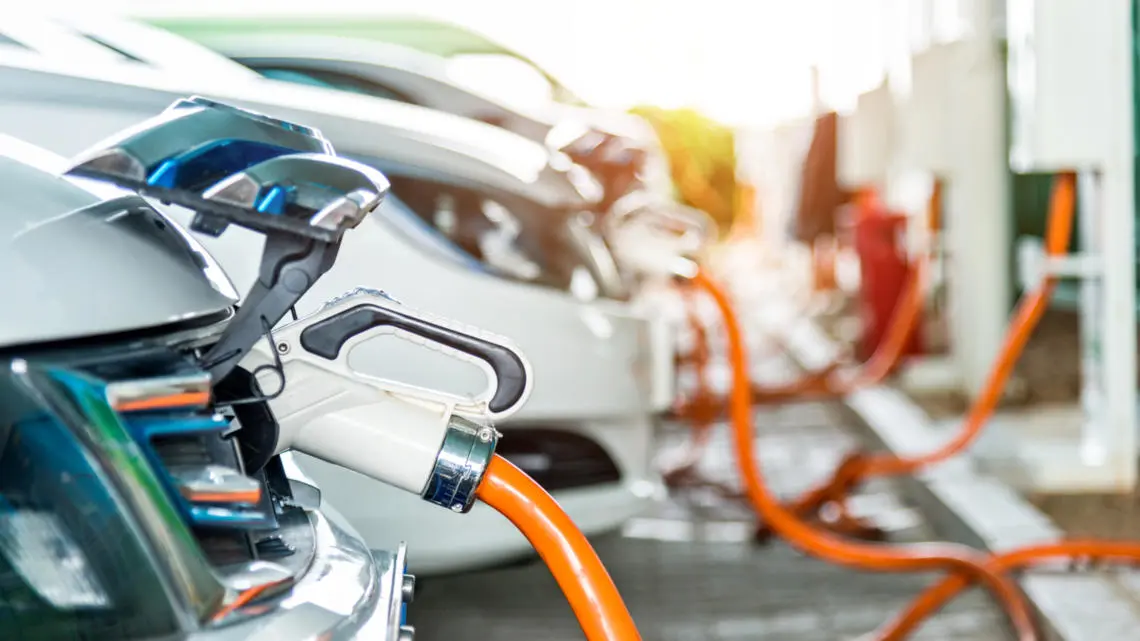Geneva/Delhi, 14 October – The World Business Council for Sustainable Development (WBCSD) and 25+ leading companies in India are calling on the Government of India to support a bold target to ensure that at least 65% of all new vehicles sold in India are electric, by 2030. Together, they are urging the government to raise the country’s climate ambition on transport ahead of COP26.
A successful energy transition in mobility can cut India’s road transport emissions by 15% by 2030 and put the sector on a path to net-zero emissions by 2050. Setting an ambitious target of at least 65% of new vehicle sales being electric in 2030 while ensuring the sale of at least 90 million electric vehicles (EVs) in this decade will help India meet its Nationally Determined Contributions (NDCs). The target of 65% includes several vehicle segments, including two-wheelers, three-wheelers, cars, buses and goods vehicles. WBCSD and the coalition of business leaders have also defined targets for EV sales by 2030 across each vehicle segment:
- 70% of two-wheeler sales
- 85% of three-wheeler sales
- 30% of car sales
- 35% of bus sales
- 15% of goods vehicle sales
According to WBCSD, these targets are a business opportunity and a necessity for India to get on track with reaching the goals of the Paris Agreement. The organization estimates that the suggested targets provide a USD $200 billion investment opportunity. To achieve the targets, WBCSD encourages the government to adopt market rules that attract private investment, expand capital incentives across vehicle segments and use-cases, ensure easy access to finance and leasing opportunities, remove bottlenecks to bring down the time to install a public charger to under 30 days, support implementation of at least 1 million public charging points by 2030 and create a funding mechanism to pay for an upgrade of the national power distribution grid.
When world leaders rally at COP26 in Glasgow in November, the Indian representation must seize the moment to showcase the country’s leadership in saving the planet while making smart investments into India’s industrial strategy. Anchor companies behind the ambition statement include Mahindra Group, Volvo Group India, JBM Group, Hero Electric Vehicles, Michelin India, LeasePlan India, IKEA India, Fortum India, Mindspace Business Parks REIT, Sterling & Wilson Enel X E-Mobility, Arcadis Consulting India, Switch Mobility, Apraava Energy (formerly CLP India), Ather Energy, Bounce, Lithium Urban, SUN Mobility, Magenta EV Solutions, BluSmart and seven other emerging e-mobility startups. More business leaders are invited to join the call in the run-up to COP26.
Joe Phelan, Director, WBCSD India, said, “The electrification of India’s road transport is underway, with more than 800,000 Electric vehicles sold, 75% of which were bought in the past four years. Electric vehicles can make mobility affordable for Indian citizens, cut pollution in cities and reduce national emissions. India needs business leadership on all solutions for climate action. After rapid growth in India’s renewable energy sector, transport decarbonization is India’s next big opportunity to address climate change.”
The official launch of this ambition statement by businesses will take place on 1 November at COP26. This event will bring together leading companies in India to showcase their commitment and ambition, driving climate action focusing on energy, industry and transport systems. The session will offer a deep dive into India’s transition to sustainable mobility and how to accelerate large-scale adoption of EVs. Register here to attend the session virtually or in-person in Glasgow.
To learn more about this initiative and to get involved, please contact Jasmeet Khurana (khurana@wbcsd.org) or Appurva Appan (appan@wbcsd.org).
WBCSD news articles and insights may be republished in accordance with the Creative Commons Attribution-NonCommercial-NoDerivatives 4.0 International Public License, and in accordance with our Privacy Policy. All Content must be featured with due credits.
